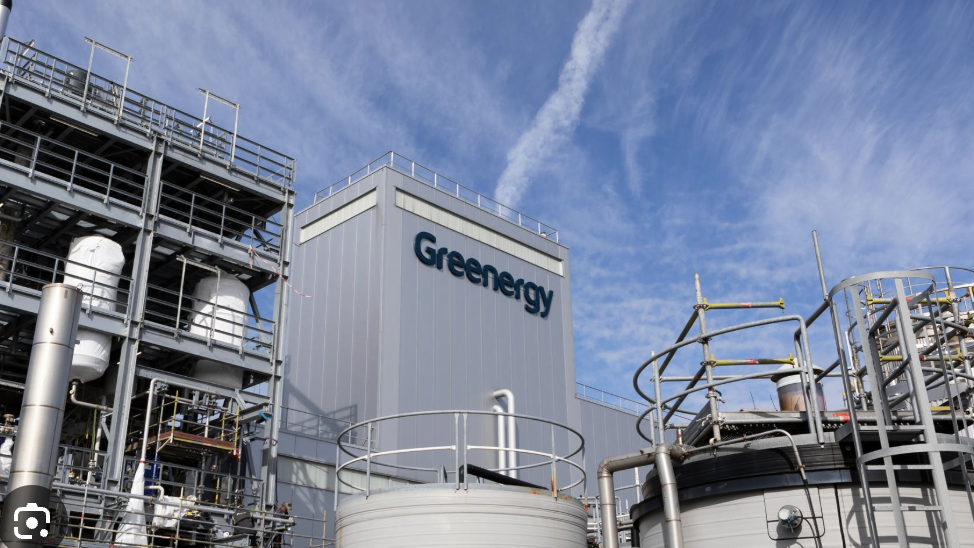
May 21, 2025
Against the backdrop of a global surge in green energy, the UK’s home-grown production of renewable fuels has suffered frequent setbacks. Recently,…

May 20, 2025
According to Corporate Jet Investor UK, Titan Aviation Fuels International is actively supporting business aviation operators in complying with upcoming EU fuel…

May 20, 2025
In order to accelerate the development of the Johor Bahru Special Economic Zone, six local Malaysian banks have signed a letter of…
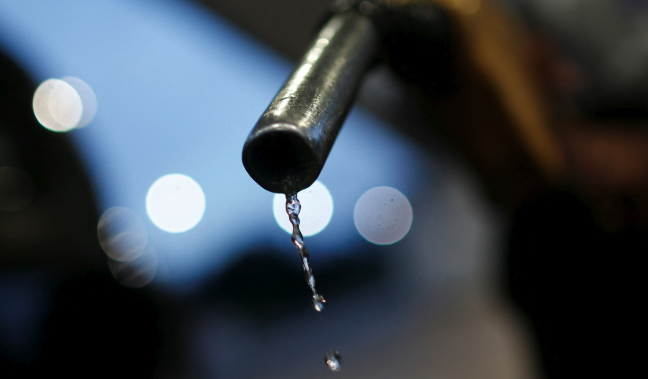
May 19, 2025
May 19- 4AIR, the Ohio-based sustainable aviation solutions company, announced that its interactive “Sustainable Aviation Fuel (SAF) Supply Map” is now live…
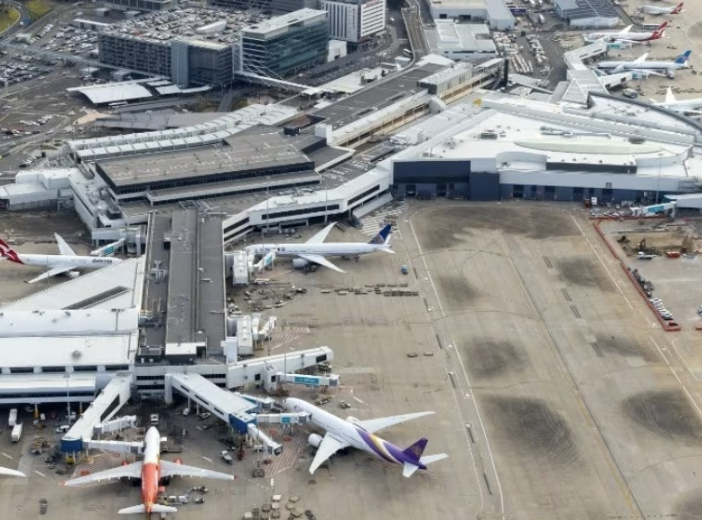
May 15, 2025
In a major step towards aviation decarbonization, Qantas, Ampol, and Sydney Airport—supported by members of the Qantas Sustainable Aviation Fuel (SAF) Coalition—have…
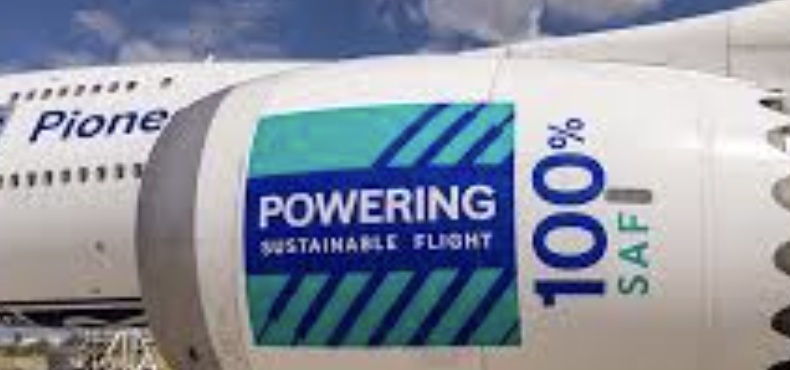
May 15, 2025
The UK has announced a bold set of initiatives to establish itself as a global leader in Sustainable Aviation Fuel (SAF) and…
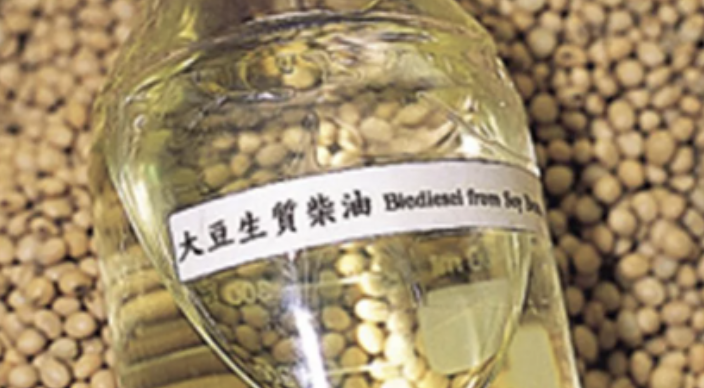
May 13, 2025
The U.S. Department of Agriculture’s (USDA) latest World Agricultural Supply and Demand Estimates report, released on May 12, lowered its forecast for…
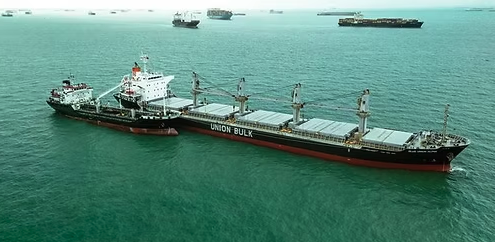
May 13, 2025
On May 9, China Ship Fuel (CSF) successfully refilled 5,600 tons of bonded B24 biofuel oil for the vessel SALLY MAERSK at…

May 13, 2025
On May 9, Thailand’s aviation industry marked a green milestone – Bangkok Airways and PTT Petroleum & Retail Business officially signed a…
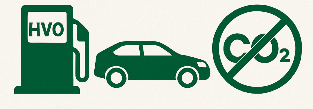
May 10, 2025
Recently, U.S. Rep. Mike Carey, R-Ohio’s 15th District and a member of the House Fundraising Committee, and Rep. Mariannette Miller-Meeks, M.D., a…










